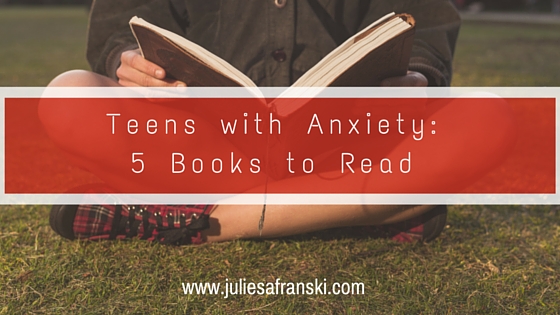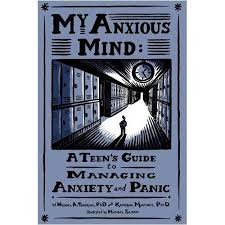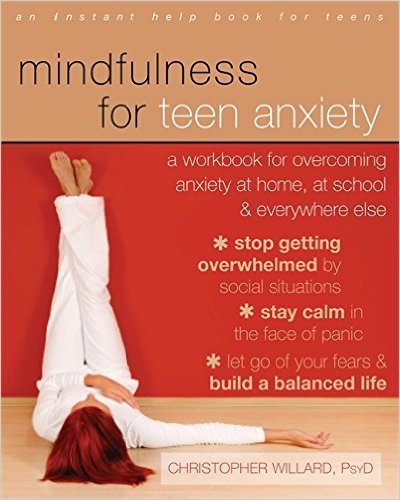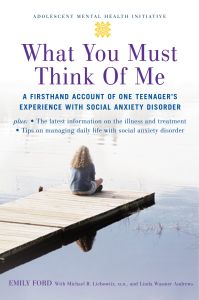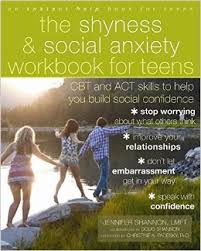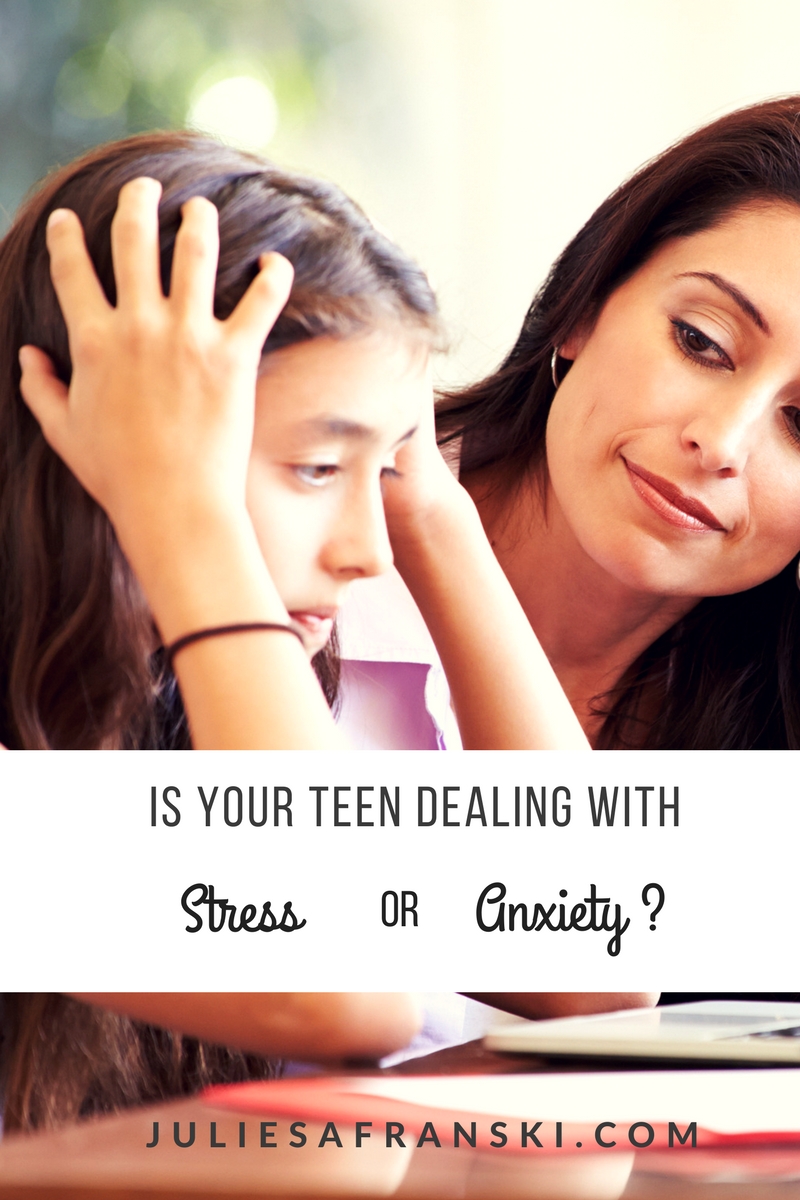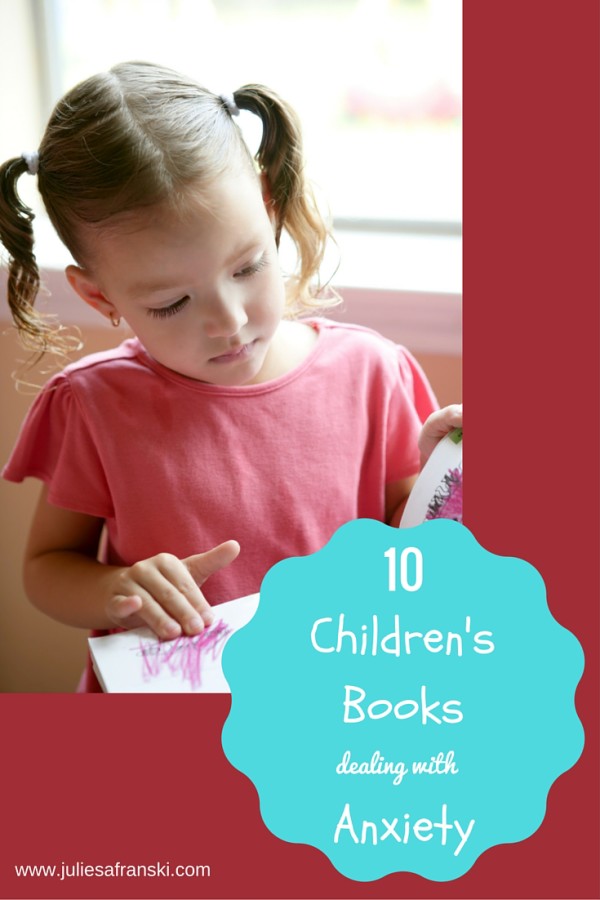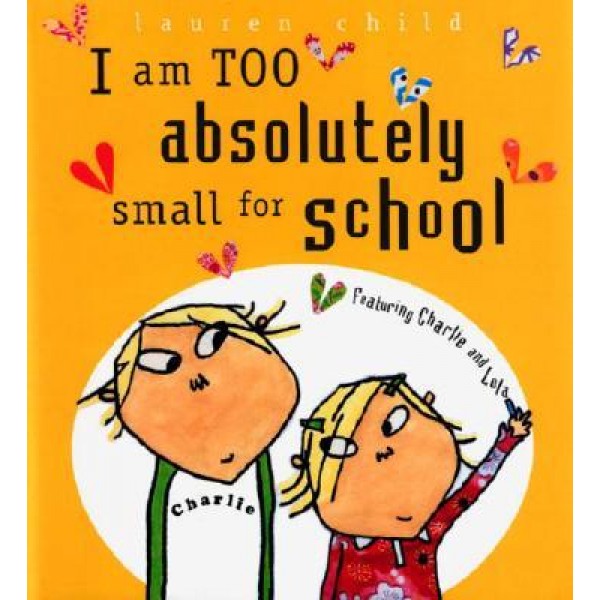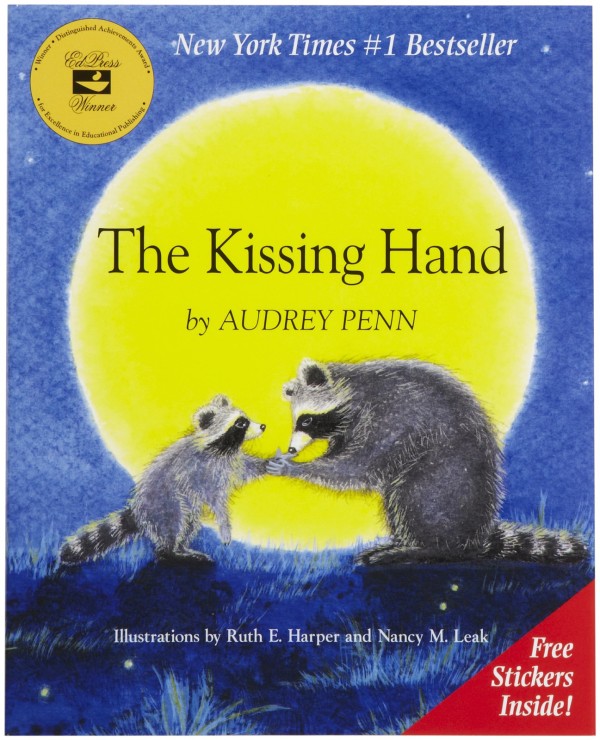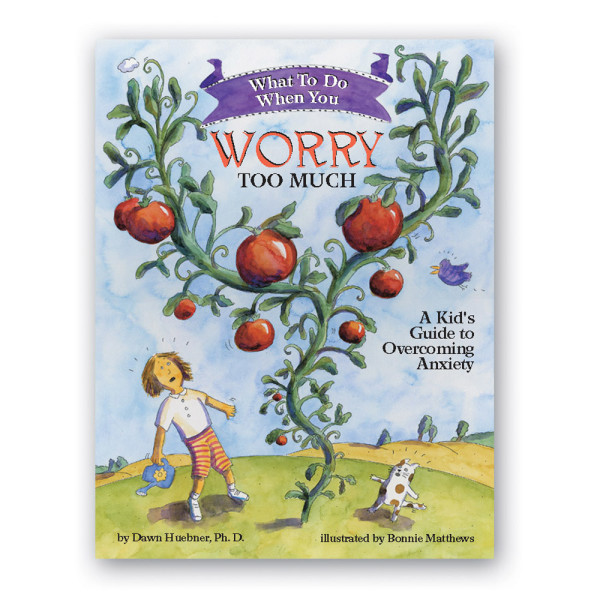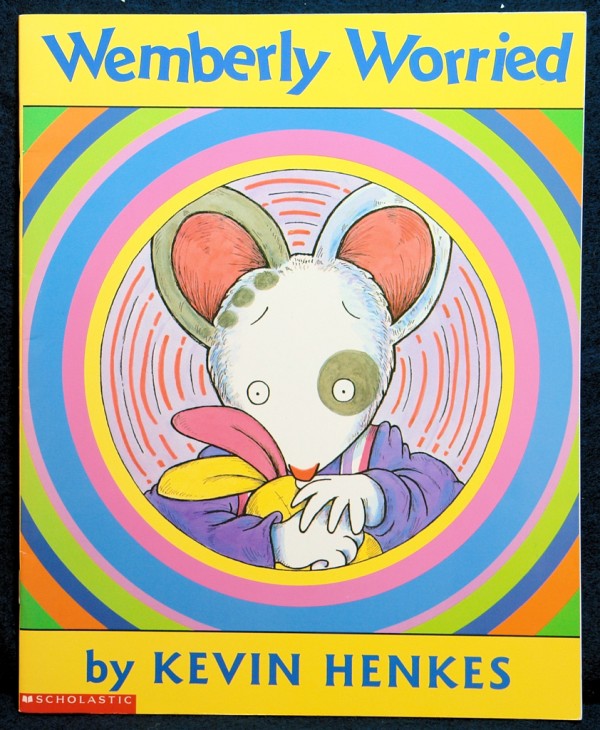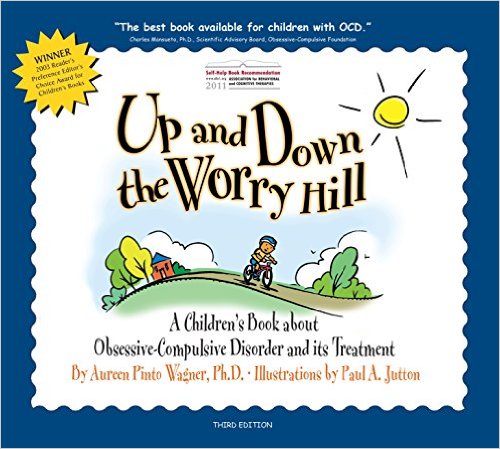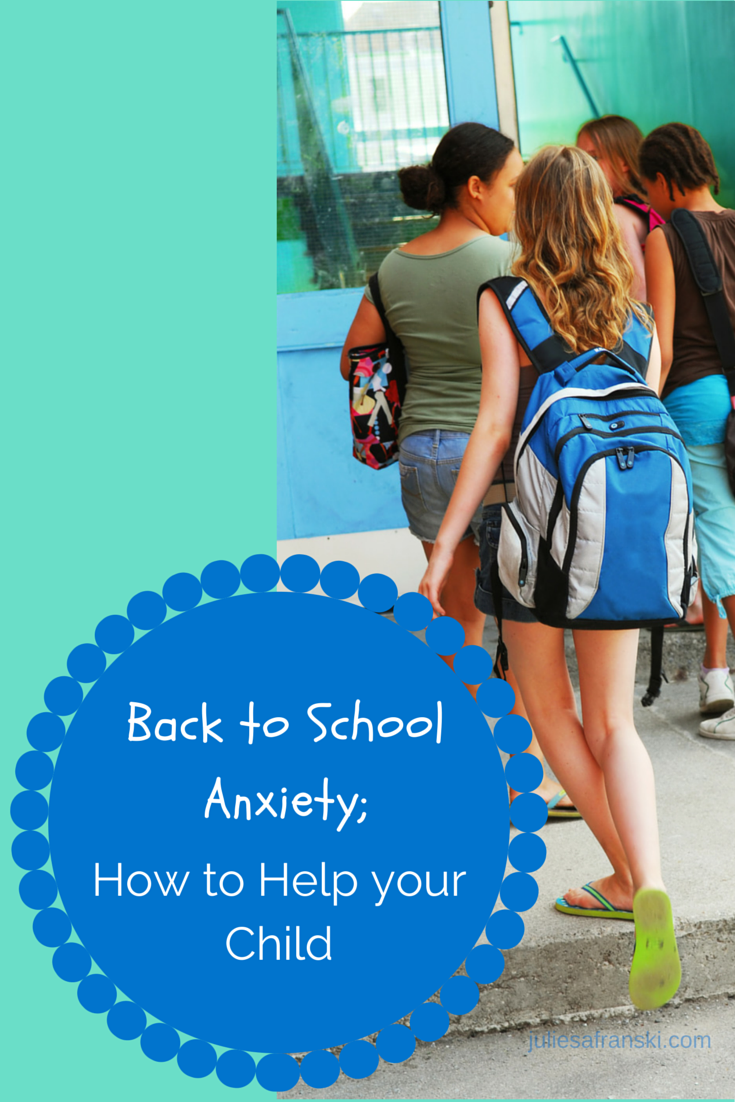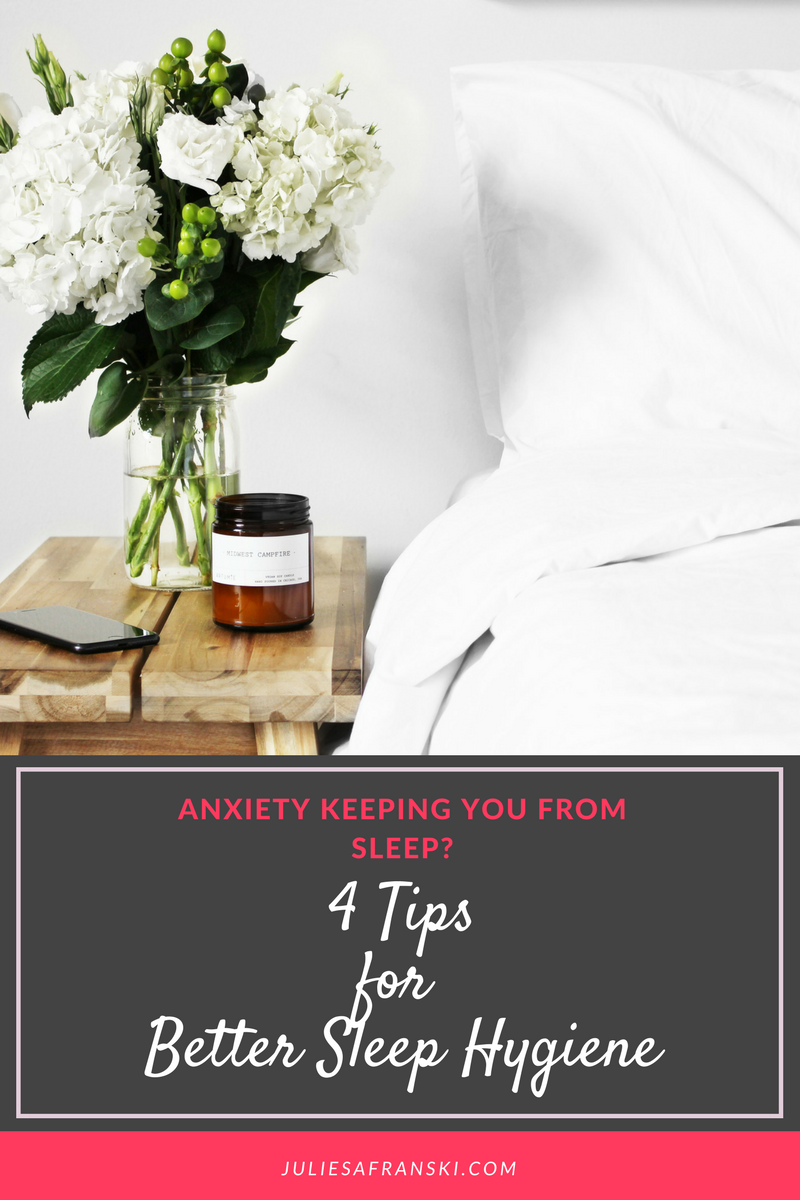Stress and anxiety is a way of life these days for not just adults but kids and teenagers. We know that societal pressures to be “the best” can create mental health issues for our kids. In my last post, I wrote about the figuring out the difference between teens with stress or teens with anxiety. And maybe your kid is struggling but it is a recent development. Or maybe you are not quite ready to commit to therapy right now but you want to help but are not sure how. Although not a substitute for therapy, suggesting some reading for your teenager to do on their own could be an option. Often kids at this age really feel that they are the only ones dealing with the issue of stress or anxiety (wrong!). Learning about how others their age have handled it can be a great first step in dealing with the problem. If your child is younger than 10 and is dealing with anxiety, here is another post that provides options of children’s books that may be helpful.
Here are 5 suggestions:
Playing with Anxiety: Casey’s Guide for Teens and Kids
Reid Wilson and Lynn Lyons (best for 11-14 y.o.)
This is a free e-book at http://www.playingwithanxiety.com/ with a companion parent book for purchase. Written in first-person by a girl named Casey, chronicles how she has come to grips with anxiety and eventually managing through acceptance. I find that when a teenager is coming to terms with their anxiety, first-hand accounts can be a successful way of introducing the topic in a non-threatening way.
My Anxious Mind: A Teen’s Guide to Managing Anxiety and Panic
Michael Tomkins, PhD and Katherine Martinez, PhD (best for 14 y.o. +)
A thorough, but not overwhelming overview of all types of anxiety. This book is written in a way that appeals to older teenagers with great illustrations. Offers vignettes that teens with anxiety can relate to while providing the basics of cognitive behavioral therapy (CBT).
Mindfulness for Teen Anxiety: A Workbook for Overcoming Anxiety at Home, at School and Everywhere Else
Christopher Willard, PsyD (best for 11 y.o. +)
This book appeals to teenagers because it is written in a very straightforward manner without a lot of psychological jargon. This is a great workbook for those teens with anxiety who are ready to deal with it. It’s also activity oriented and may be good for those kids who are have difficulty talking about their anxiety but want to develop skills of how to manage it. I have utilized this book in my work with teenagers whether it be during sessions or as homework (just don’t call it that-ha!).
What You Must Think of Me: A First-Hand Account of One Teenager’s Experience with Social Anxiety Disorder
Emily Ford with Michael Liebowitz, MD (best for 13 yo +)
This is written by a young woman, Emily who recounts her high school days as she goes back to visit her teachers (and is now a teacher herself) dealing with social phobia. A compelling read that details the self-consciousness and fear of judgment to crippling proportions that those with social anxiety face. It can be downloaded for free at http://www.annenbergpublicpolicycenter.org/publication/what-you-must-think-of-me/
The Shyness and Social Anxiety Workbook for Teens
Jennifer Shannon, LMFT ( best for 12+)
Another great resource for those teens with anxiety and are struggling socially. This workbook breaks down some of the important aspects of CBT and Acceptance and Commitment Therapy (ACT) and presents it in an accessible way for teens. Covers topics such as perfectionism, distorted thoughts and what to do when you get stuck.
Julie Safranski, LCSW is a Chicago psychotherapist. She loves helping teens find practical ways to manage their anxiety. She can be reached at js@juliesafranski.com.
